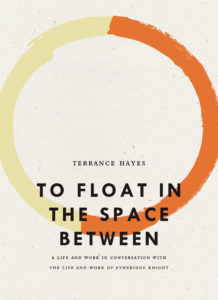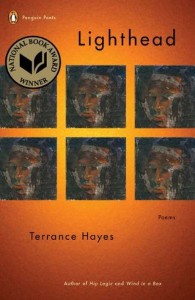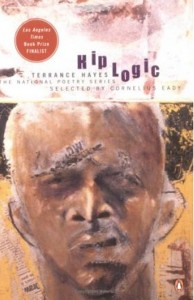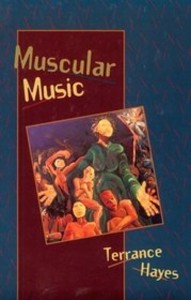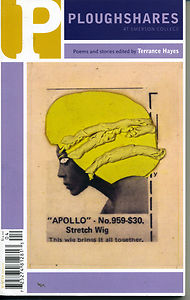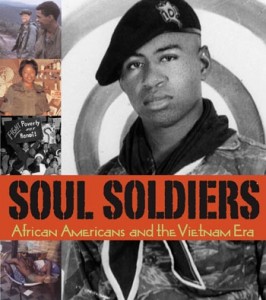Watch Your Language Trailer from AmericanSonnet on Vimeo.
ABOUT WATCH YOUR LANGUAGE
From the National Book Award–winning author of Lighthead, Terrance Hayes, a fascinating collection of graphic reviews and illustrated prose addressing the last century of American poetry—to be published simultaneously with his latest poetry collection, So to Speak.
ToFloatTrailer from AmericanSonnet on Vimeo.
To Float in the Space Between: A Life and Work in Conversation with the Life and Work of Etheridge Knight (Bagley Wright Lecture Series)
September 2018
Excerpt from Poetry Magazine
Excerpt from Guernica Magazine
American Sonnets for My Past and Future Assassin (Penguin, 2018)
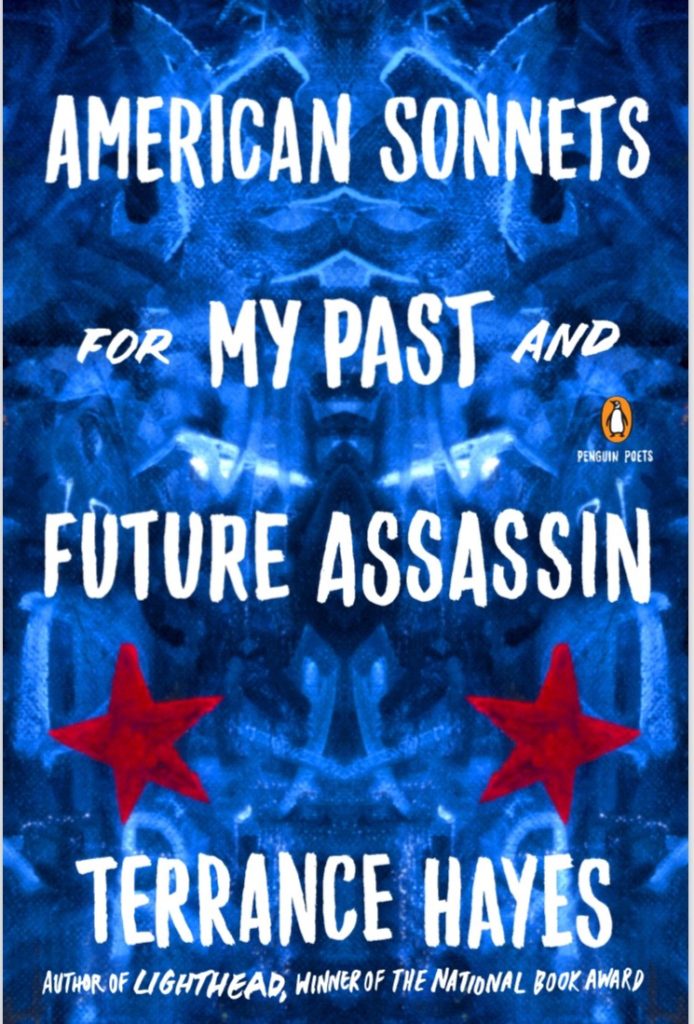
“Hayes set himself the challenge of writing political poems in the guise of love poems. Each one is distinct: Some are sermons, some are swoons. They are acrid with tear gas, and they unravel with desire . . . These poems play with different registers, but they return to lamentation, to annihilating grief for ‘all the black people I’m tired of losing,’ one narrator says.” – Parul Sehgal, The New York Times
“A diary of survival during a period when black men are in constant danger . . . This is one of the deepest accounts I have read in poetry of what it feels like to have one’s body fetishized as an object but criminalized as a force.” – Dan Chiasson, The New Yorker
“Hayes’ writing demonstrates a serious commitment to revising, extending, and advancing American poetry while recording, celebrating, and mourning black American life. These aesthetic and intellectual preoccupations also charge American Sonnets.” –Walton Muyumba, The Los Angeles Times
“American Sonnets for My Past and Future Assassin is a gift in a fraught moment. These sonnets, existential, political, personal, retain a moral ferocity and urgency . . . Hayes’ inhabits the deeply troubling historical moment. But these poems are timeless, by which I mean these sonnets annihilate any difference between past and future.” – Faraz Rizvi, The Millions
“Hayes reinvigorates a classic form . . . [he] examines what it means to be an American, to belong, and how it feels to be haunted and hunted by violent racism . . . expect to be challenged on nearly every page.” – Elizabeth Lund, The Washington Post
“Overwhelming in every sense. Overwhelming in its brilliance, yes, but also overwhelming in its pacing, its style . . . The book, despite its breadth and clever turns, is a confrontation . . . His poems are like the slow and steady picking of a lock, until the door handle clicks.” – Hanif Abdurraqib, Poets and Writers
“You will find all of [Hayes’s] signature pleasures and provocations in this new collection: dense lyricism, associative word play, the political, the interpersonal, explorations and interrogations of race and gender and sex and the body and violence and power and history and time.” – Kenyon Review
“Pain and poignancy collide in this collection of seventy sonnets . . . perhaps the takeaway of Mr. Hayes’ work here is that what lies in between is heart – a pounding of poems that stays in the chest long after the pages are set down. These poems stay with me, they linger, they poke and ask questions, and this is the book’s success. What more can one ask from poetry?” – Cameron Barnett, The Pittsburgh Post-Gazette
“Hayes addresses this marvelous series of 70 free-verse sonnets to his potential assassin: a nameless, faceless embodiment of America’s penchant for racially motivated violence. The poems are redolent of his signature rhythmic artistry and wordplay . . . Inventive as ever, Hayes confronts America’s myriad ills with unflinching candor, while leaving space for love, humor, and hope.” – Publishers Weekly
“With this incomparable collection, Hayes joins others in taking on the sonnet, reinvigorating its form and reimagining the possibilities of American literature.” – Booklist
POEMS ONLINE:
How To Be Drawn (Penguin, 2015)
Link to notes and references for poems in How To Be Drawn
EXTENDED BLURB FOR HOW TO BE DRAWN
“Reading Terrance Hayes’ thick, gorgeous, knowing, endlessly surprising poems is like spending a long evening with your most soulful and garrulous friend, one who you haven’t seen in ages. You will cover the waterfront. You will fall out laughing. At some point, your heart will break and you will cry. You stay out too late and will leave feeling that you have been told the total truth, and that y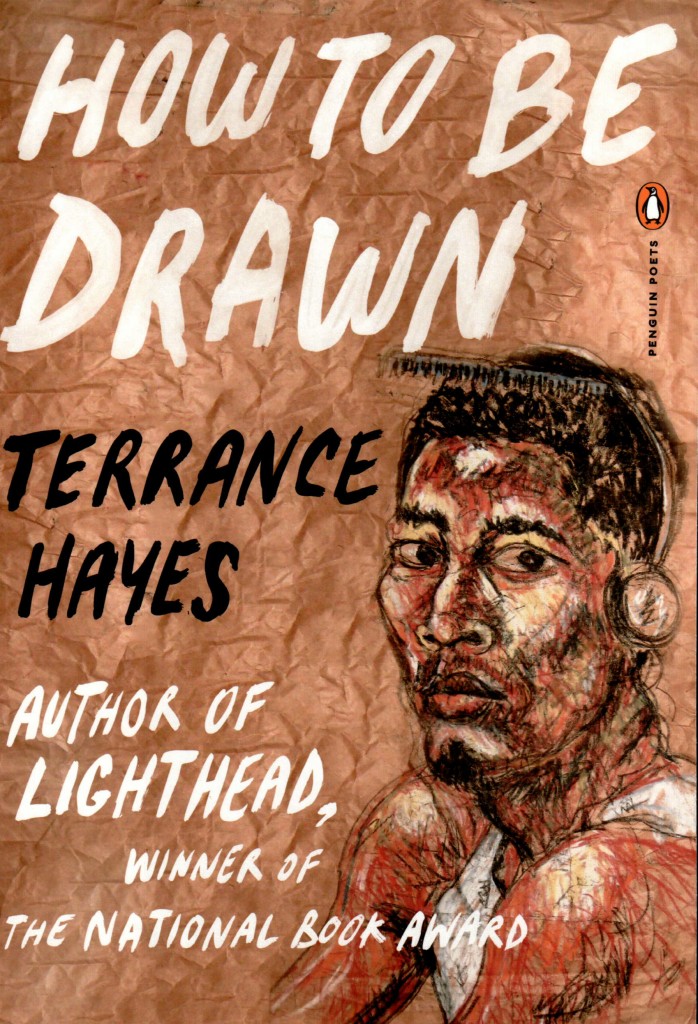 our friend has laid himself bare because that is the urgency and necessity of words: to make human connection, by any means necessary.
our friend has laid himself bare because that is the urgency and necessity of words: to make human connection, by any means necessary.
The possibilities of language seem infinite in these poems. Hayes is Zora Neale Hurston “telling lies” on the porch, or Langston Hughes on a ship deck in Marrakesh. He’s Martin Puryear making an elegant ladder to the sky. He’s talking trash in the barbershop, or on the basketball court. He’s Walt Whitman, for sure: “Do I contradict myself? Very well then, I contradict myself.” He is a bluesman: the poems carry that much sorrow and than much love. He is, of course, a painter looking and seeing everything…
With every new collection I think Terrance Hayes has outdone himself. At the end of all the brilliance, after the pyrotechnics are past and the dust from the fireworks has settled, I am left, in these poems, with a true beating heart.” –Elizabeth Alexander
- From Publishers Weekly
Starred Review. Hayes delivers another stunner, following up his 2010 National Book Award–winning Lighthead with a collection that sees the poet thinking more deeply about perception—the public and private, the viewed and ignored. In the opening poem, readers receive a warning—“Never mistake what it is for what it looks like”—before being taken through a hall of mirrors, in each one a reflection of race, art, and the makeup of America today. Hayes cops from crime reports and q&as, charts and instructional guides, toying with form to paint the realities of life for modern black Americans. Scenes are drawn with razor sharp lines: NWA plays idly “at a penthouse party with no black people”; the ghosts of lynched slaves are invoked to haunt a “white man/ with Confederate pins.” The poems pull from sources as seemingly disparate as Ol’ Dirty Bastard and Vladimir Mayakovsky, and evoke the souls of Walt Whitman and Ralph Ellison. The work hurdles between violent beauty (“I want to be as inexplicable/ as something hanging a dozen feet in the air”) and stark, philosophical truth telling (“Humanity endures because it is,/ at most, an idea”). Hayes manages not only to reassess the visual, but also to ask what we do with the information once we have it. (Apr.) - Resurrections, Do-Overs, And Second Lives: A 2015 Poetry Preview: “Hayes practices what he preaches — “nothing is more durable than feeling” — in poems that pay tribute to and argue with artistic forebears (“hubris in Ralph Ellison,/ Duke Ellington’s shadow, a paragraph/ on the feathered headdress of Marcus Garvey”) and comment all over on the act of artistic creation itself. “–Craig Morgan Teicher, npr
Poems from How To Be Drawn:
- “How to Draw a Perfect Circle”
- “The Carpenter Ant”
- “How to Draw an Invisible Man” (audio)
- “Wigphrastic”
Who Are The Tribes (Pilot Books, 2011), a limited edition chapbook
Lighthead (Penguin, 2010)
Hayes’s fourth book puts invincibly restless wordplay at the service of strong emotions: a son’s frustration, a husband’s love, a citizen’s righteous anger and a friend’s erotic jealousy animate these technically astute, even puzzlelike, lines. —New York Times
- The Rumpus
- BookCritics.Org
- Barnes and Noble Review
- New York Times Arts Beat
- Weave Magazine
- Publisher’s Weekly
- Pittsburgh City Paper
A POEM FROM LIGHTHEAD: “Arbor for Butch”
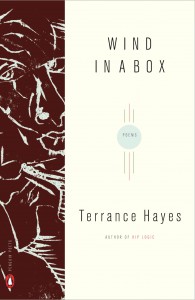
Wind in a Box (Penguin, 2006)
Opening Terrance Hayes’ new book of poetry is like being drawn into whirling tornadoes of emotions, words and poetic styles, revealing a poet not afraid to take chances or take on any subject, no matter how fraught with cultural land mines. —Pittsburgh Post Gazette
Hayes is erudite, but also necessarily rageful; he tackles race relations, most tenuously among African-Americans, peeling skin color away to get at the beating heart beneath. But there’s bones and gristle too between the outer and inner parts of these poems, and Hayes doesn’t neglect the physical – body image, sexual congress both consensual and not; see “Woofer (When I Consider the African-American)” for an example of the former, and “A Girl in the Woods” for the latter. He’s smart, which can be a crutch with some writers, but he handles his smarts like a hot coal, tossing it from hand to hand so he doesn’t get burnt. —Larry O. Dean
A POEM FROM WIND IN A BOX: “Woofer”
Hip Logic (Penguin 2002)
What struck me about Hip Logic is how it rises above much of the strife plaguing contemporary poetry by blending multiple genres, rather than conforming to one. Hayes takes elements of form and turns them upside down…–Randomville
Hayes displays an ability to keep strict control of rhyme (paint and ain’t or train, lain, complains, and name) but in surprising and innovative ways.–Web Del Sol Review of Books
A POEM FROM HIP LOGIC“The Same City” (Audio only)
Muscular Music (Tia Chucha 1999; Carnegie Mellon Contemporary Classics 2006)
At the end of a poem that includes Bill Strayhorn, Andrew Carnegie, and Dante, Hayes says, “I know one of the rings of hell is reserved for men who refuse to weep. So I let it come. And it does not move from me.” These lines reflect what is always at the core of Hayes’s poetry: a faithfulness, not to traditional forms or themes, but to heart and honesty. It is a core bounded by and cradled by a passion for the music in all things.–Good Reads
A POEM FROM MUSCULAR MUSIC: “At Pegasus”
PROSE PUBLICATIONS
Ploughshares
The Winter 2010-11 issue of Ploughshares, guest-edited by Terrance Hayes. Ploughshares, a journal of new writing, is guest-edited serially by prominent writers who explore different and personal visions, aesthetics, and literary circles.
This issue of Ploughshares features selections of poetry and prose by National Book Award finalist Terrance Hayes, including new work from poets Wanda Coleman, Major Jackson, Denis Johnson, Yusef Komunyakaa, and Jericho Brown and stories from Ben Percy, Christine Sneed, and Hilary Masters. The volume also includes a profile of Hayes, an introduction by Hayes, as well as book reviews and more.
Link to Ploughshares Introduction: “The Sentenced Museum”: http://www.pshares.org/read/article-detail.cfm?intArticleID=9358
- Excerpt: “The museum houses some of the longest, shortest, and oldest sentences ever written, as well as a surprising number of downright egregious sentences. Some say imperfect lines don’t belong in a museum, but I think a sentence’s shortcomings make it human. And anyway this museum is not after perfection. Perfection is not only oppressive, it’s boring. One should move through a museum at what Didier Maleuvre calls the “tempo of consciousness”:“the dreamy pause, the regress and ingress of reverie, the winding progress that is engagement.” The same should be said of a truly fine sentence. Sentences, like museums, hold everything the imagination can hold.”
Pittsburgh Noir and USA Noir: Best of the Akashic Noir Series

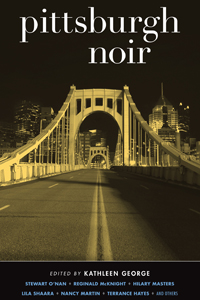
SHORT STORY: “Still Air”
Launched with the summer ’04 award-winning best-seller Brooklyn Noir, Akashic Books continues its groundbreaking series of original noir anthologies. Each book is comprised of all-new stories, each one set in a distinct neighborhood or location within the city of the book. Featuring brand-new stories by: Stewart O’Nan, Hilary Masters, Lila Shaara, Rebecca Drake, Kathleen George, Paul Lee, K. C.Constantine, Nancy Martin, Kathryn Miller Haines, Terrance Hayes, Carlos Delgado, Aubrey Hirsch, Tom Lipinski, and Reginald McKnight.
- Excerpt:”On the second floor I stood at a window in the master bedroom. Brick and sky, metal and wood, concrete and dirt, you already know what I saw out there: all the shit that gives air something to lean on. No cops had come to find Amp’s killers, but I knew once the woman called, they’d be out in front before I could make it back down stairs. And I’d have to do something. Say something. I thought I could already hear the sirens. I thought I could hear dogs trying to match the sound. I sat in the middle of the floor with the hammer in my lap. I had blood on my shirt and pants. I wasn’t crying. I was barely breathing. “
Soul Soldiers : African Americans and the Vietnam era / edited by Samuel W. Black
ESSAY: “The Long Shadow of War”
Even as African American men and women headed to Vietnam to fight for their country and show their patriotism, they faced racism in the ranks as did their families on the home front. This stunning book, which accompanies the exhibition, Soul Soldiers: African Americans and the Vietnam Era at the Senator John Heinz Pittsburgh Regional History Center, looks at black life through the eyes of veterans during the civil rights era by bring together critical and cultural analysis, photography, memoir and oral histories that recall the horrors of war, the complexities of race and the duality of African American life in the 1960s and ʼ70s. With a foreword by Albert French, author of the goundbreaking memoir Patches of Fire, this book captures the spirit of the African American experience, highlighting the literary expression of Vietnam Vets and the groundswell of black culture and consciousness in this tumultuous time.
- Excerpt: “When I met my biological father, Earthell “Butch” Tyler Jr., for the first time in February of 2004, he did not begin by telling me the year he was born or the names of his siblings and his mother. He told me his daddy, my grandfather, was a war hero. Earthell Tyler Sr. had been killed saving another soldier’s life in Vietnam. “There were medals to prove it,” Butch said. A Purple Heart and a Bronze Star. He promised to find them and show me. I’d traveled 500 miles from Pittsburgh, Pennsylvania, the place I lived, to Columbia, South Carolina, the place I was born. I’d traveled 32 years as the son of James L. Hayes, the man who’d raised me, to find Butch the man whose blood ran through me.”

